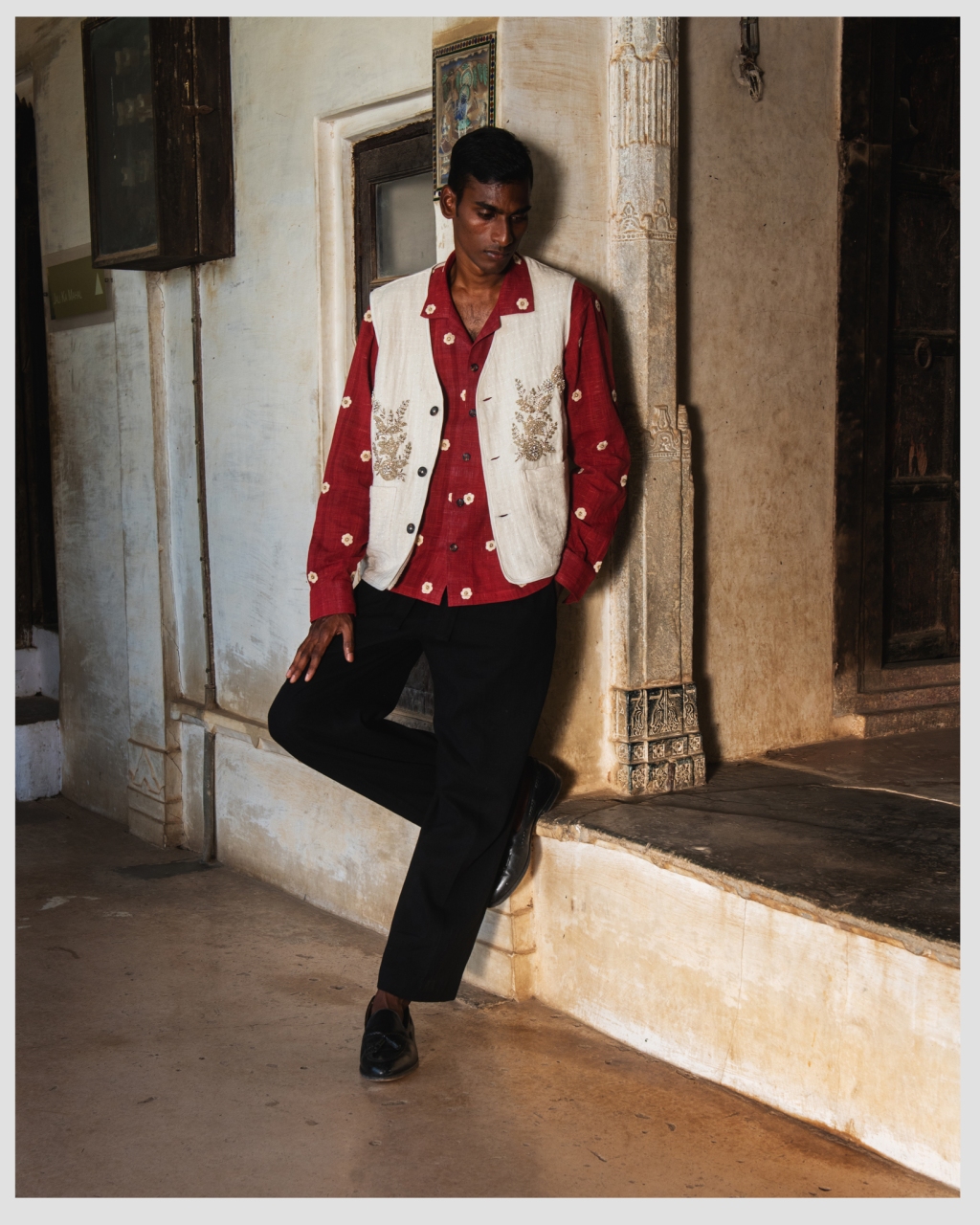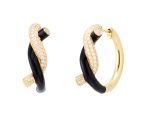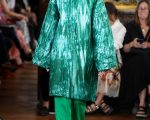
The luxury sector is finally waking up to India.
In March, the fashion pack headed to Mumbai for Dior’s pre-fall show. Earlier that month, Indian label Karu Research was one of the 22 semifinalists for the LVMH Prize showcased during Paris Fashion Week.
While he didn’t make the finals, Kartik Kumra, the self-taught designer behind the craft-focused menswear brand, has been fielding offers for collaborations ever since.
“It’s exciting,” he said. “No one’s really looking for what’s happening in Delhi outside of Vogue India, so I just never get to meet people like that and the exposure then is very different.”
His spring collection was inspired by two key figures from India’s past: Maharaja Yeshwant Rao Holkar II, the avant-garde arts patron who became Maharaja of Indore in 1926, and Sourav Ganguly, one of the country’s most successful cricketers.
Kumra launched the brand while studying economics at the University of Pennsylvania, after spotting a gap in the market for Indian heritage clothes. His woven textiles require no electricity to produce thanks to the use of handlooms and natural dyes for its prints. “It’s one of the most sustainable ways of making new clothes,” he said.
The human touch is present in everything from a checked jacket, which on closer inspection turned out to be fully hand-embroidered, to a lilac jacket in vintage quilted kantha fabric that was overdyed, giving it a sun-bleached effect.
The look book was photographed at an abandoned palace in rural Rajasthan, whose tiled interiors inspired some of the block prints in the collection. There were echoes of past splendor in the gilded embroideries on jackets and shirts, done by bridal couturiers.
Denim pieces included jeans with mirror embroidery, pieced together from vintage Levi’s collected from landfills. Kumra has assembled a network of almost 60 NGOs and independent artisans.
“You’re working with people who don’t operate on a fashion calendar. There’s no luxury factories, you really have to build the supply chain from scratch. I guess it makes it hard to copy and hard to replicate, but really, really painful to get this collection out,” he said with a rueful laugh.
This season marks his first shoe collection, and he’s thinking of launching womenswear next season, as women already account for 40 percent of his customers. The brand has 30 stockists including Mr Porter, Selfridges, Ssense and 10 Corso Como. “The eventual goal is to build the Indian heritage brand that is sold globally,” he said.







